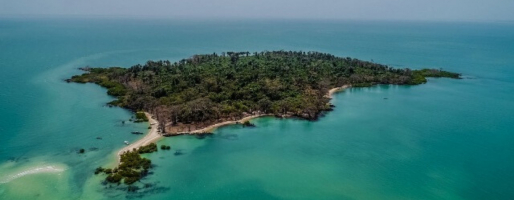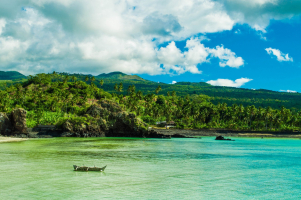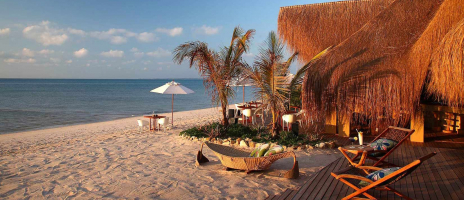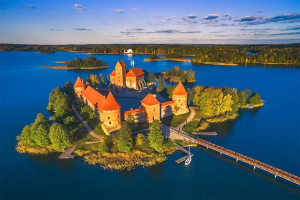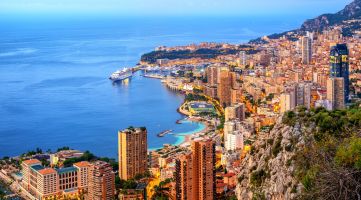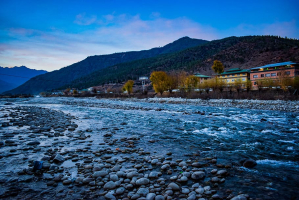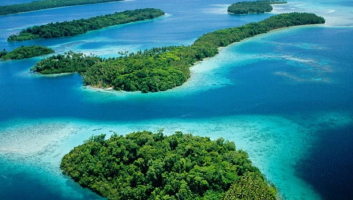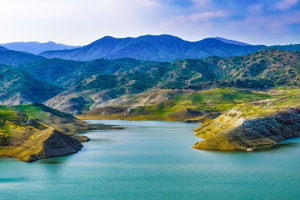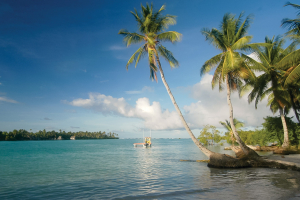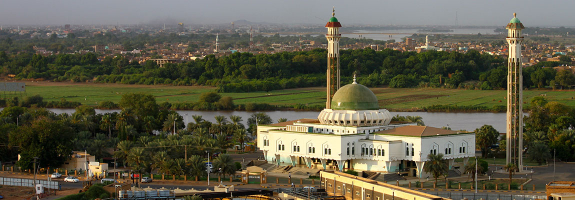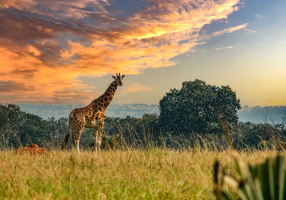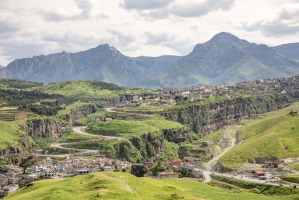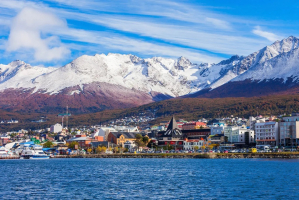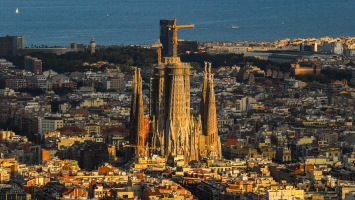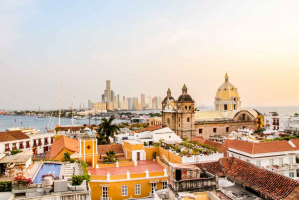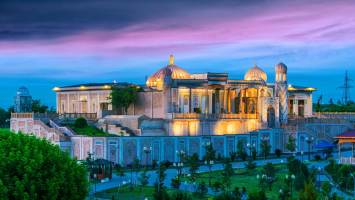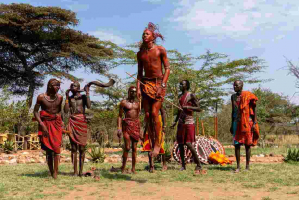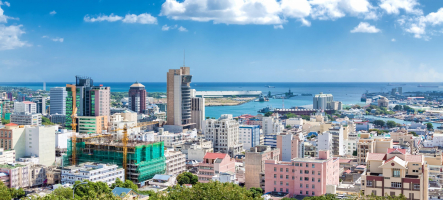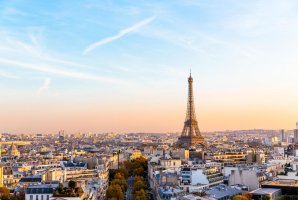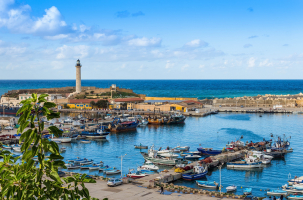Top 12 Things to Know Before Traveling to Jamaica
Jamaica is a popular Caribbean destination for many people, thanks to its beautiful beaches, breathtaking waterfalls, and friendly residents. Tourists may eat ... read more...jerk chicken and fresh mango, cliff jump into clear water, go on a coffee or rum tour, or learn about Jamaican history at the Bob Marley Museum and Good Hope Plantation. Whatever visitors choose, here are Things to Know Before Traveling to Jamaica.
-
Unlike Mexico, Jamaican has safe drinking-water. It's things to know before traveling to Jamaica. When eating out, travelers do not need to worry about drinking bottled water, cleaning their teeth with tap water, or avoiding raw vegetables for fear of becoming ill. Drink the tap water unless you're in a really isolated place with poor water purification.
In most parts of Jamaica, tap water is safe to drink, but unless it has been boiled, filtered, or otherwise treated, you should avoid drinking water directly from the faucet in more rural locations. The tap water in Jamaica is generally safe to drink. You may also brush your teeth, take a bath, prepare meals, wash clothes, and do other things using tap water (also known as pipe water in Jamaica).
Adding ice to your beverages is also an option. Piped water is not accessible in certain rural parts of Jamaica, which account for nearly a third of the country's land area and are far from major tourist locations, hence bottled water should be used. Visit the National Water Commission's website for further information.
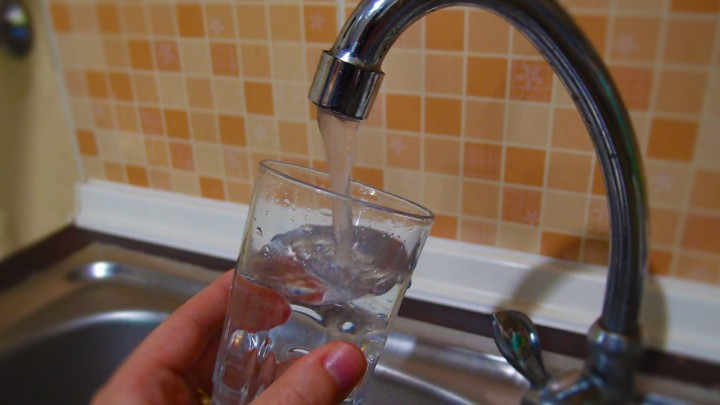
https://dailymom.com/ 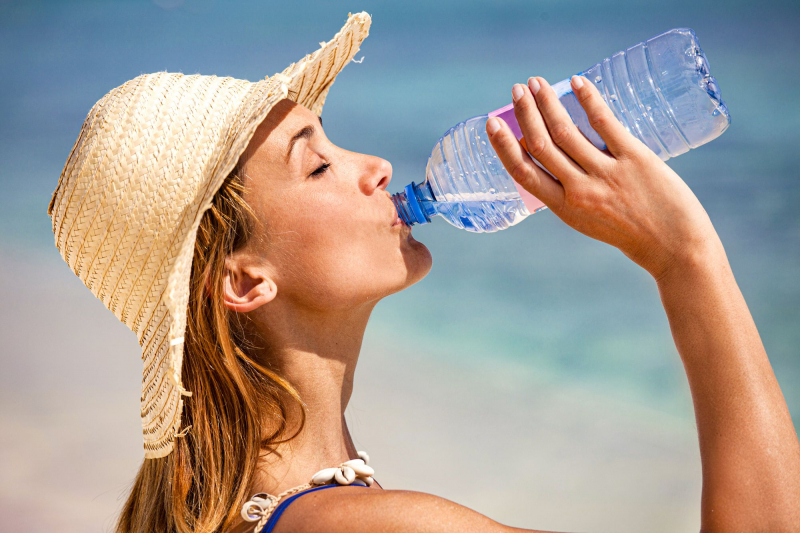
https://dailymom.com/ -
Getting around Jamaica is an expensive tour unless you stay at a resort that includes airport transfer. Catch this things to know before traveling to Jamaica will help you plan and save your money before your trip. Taxis are expensive, especially for those who need to go from Montego Bay's international airport to Ocho Rios or Negril in 90 minutes or two hours, respectively.
If you intend on staying at the resort for the majority of your time, use a cab or hire a driver for the occasional outing, as driving on rural, inner roads can be challenging owing to curvy, narrow, and pothole-filled roads. Tourists that want to see as much of the island as possible should rent a vehicle.
If you decide to drive, keep an eye out for potholes and aggressive drivers, as well as the fact that automobiles drive on the left side of the road. Buses are a cost-effective choice, but always utilize trustworthy firms.
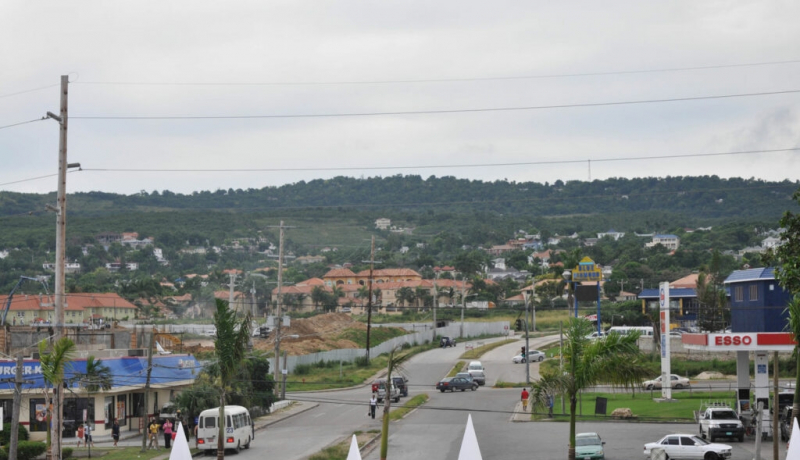
https://www.visitjamaica.com/ 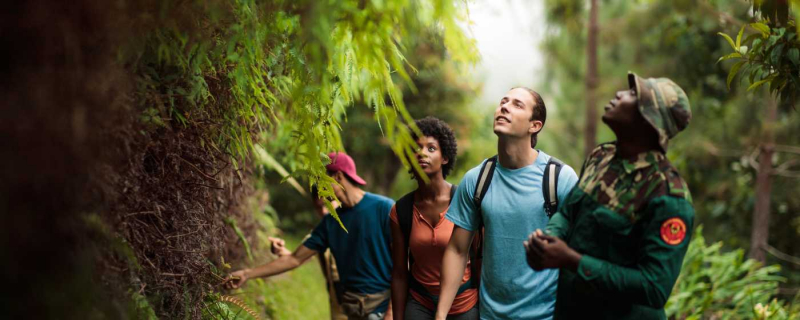
https://www.visitjamaica.com/ -
The Jamaican dollar is the country's currency. Its worth is unaffected by the current value of the US dollar. ATMs are widely available across Jamaica. However, it is advised that you remove enough cash to last a few days. In Jamaica, US dollar is also accepted, making it easier to deal with the local currency.
Western Union is one of the simplest and fastest methods to send money to Jamaica without paying a charge. As a result, Americans do not need to convert money or withdraw local currency beforehand. It is recommended withdrawing local currency from a local ATM or converting money at a bank before going to another country.
Americans, on the other hand, will likely not need to do either of these things in Jamaica, as the US dollar is widely accepted. Menus and excursions with costs stated in USD may be found in hotels and tourist-friendly eateries. It's advisable to have some local currency on hand if you're visiting less touristic locations or want to spend money at supermarkets or street sellers. Additionally, having both currencies on hand is a good idea in case of a bad exchange rate.
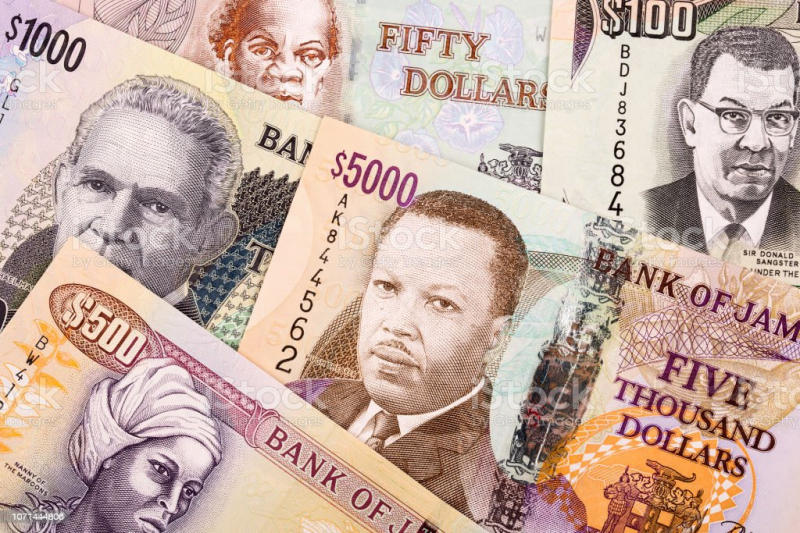
https://www.canstockphoto.com/jamaican 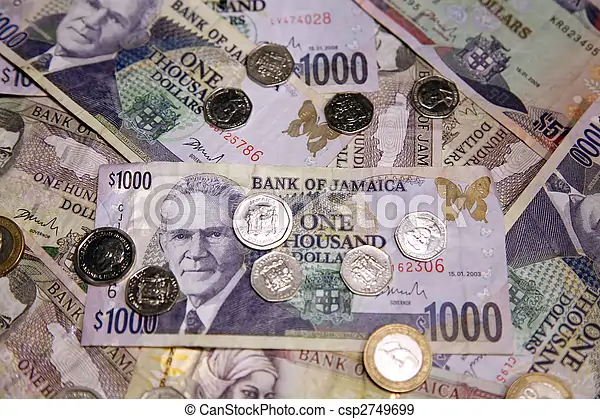
https://www.canstockphoto.com/jamaican -
Travelers who identify as LGBTQ should exercise considerable caution in Jamaica, as sexual actions between males are banned and frowned upon by the majority of Jamaicans. Surprisingly, it is legal for women to engage in gay behavior. In Jamaica, homophobia is widespread.
There have been several reported attacks, harassments, and even killings directed towards openly homosexual people. In addition, LGBTQ Jamaicans are frequently ejected from their families' homes. Travelers who identify as LGBTQ may and do vacation in Jamaica, but it's best to avoid public shows of affection and revealing sexual orientation to strangers.
The number of people who have been persecuted in Jamaica is astonishing. Caseworkers with the Rainbow Railroad commonly assist people who have been physically attacked, sexually harassed, assaulted, burnt with acid or fire, received death threats, or have seen gang violence in their communities.
These acts of homophobia cruelty are regularly reported to the police and the government, but the victims are rarely granted protection or justice. Unfortunately, this predicament is not unique to Jamaica; same-sex intercourse is still illegal in nine Caribbean countries.
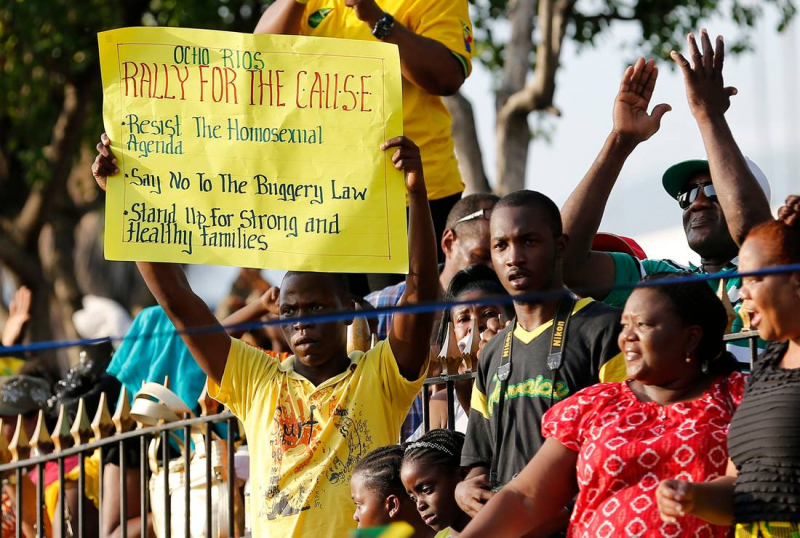
https://www.theguardian.com/ 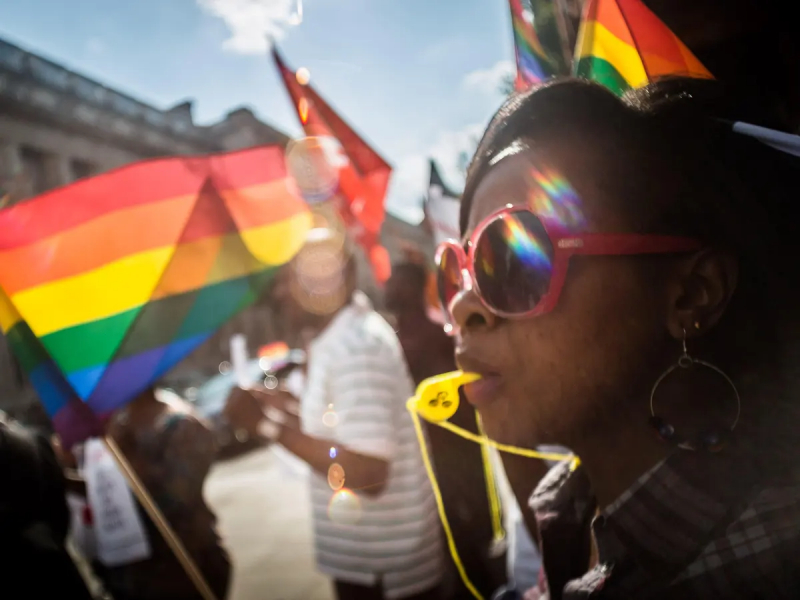
https://www.theguardian.com/ -
Marijuana is prohibited in Jamaica, despite its well-deserved image as a marijuana sanctuary. Small amounts (up to two ounces or 56.6 grams) of marijuana were downgraded to a minor crime in 2015. During the British administration of both countries, indentured laborers recruited from India introduced cannabis to Jamaica in the 1850s–1860s; many of the names used in Jamaican cannabis culture are based on Indian ones, notably the term ganja.
Marijuana, often known as ganja, has long been associated with Jamaican culture, owing to Rastafarianism and reggae music. Medical marijuana, the cultivation of up to five plants, and the use of cannabis in religious rites by Rastafarians are all permitted owing to the 2015 law. From roadside "brownie" stands to a continual stream of (sometimes aggressive) hawkers on the beach, tourists will have little problem obtaining marijuana. A simple "no, thank you" should suffice if you're not interested.
The Jamaica Cannabis Licensing Authority has 29 growers and 73 transporters, processors, merchants, and others licensed as of 2021. Legal stores (dubbed "herb houses") sell marijuana for around five to ten times the price of cannabis sold illegally on the street.
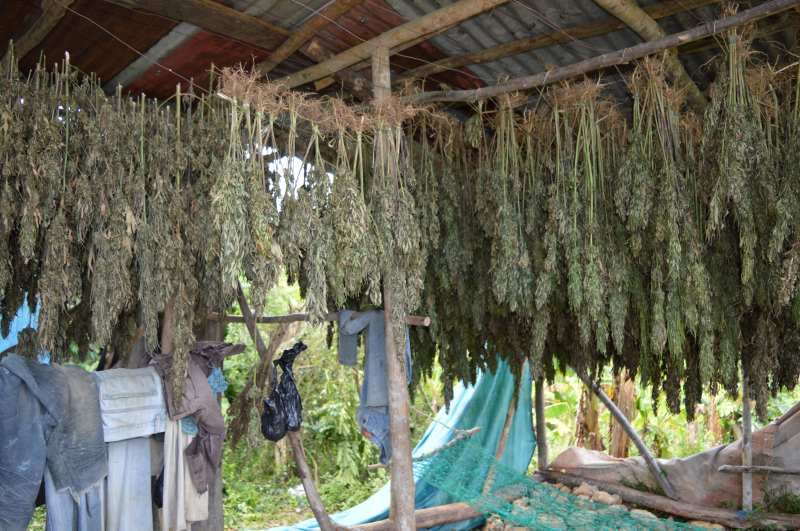
https://en.wikipedia.org/wiki/Cannabis_in_Jamaica 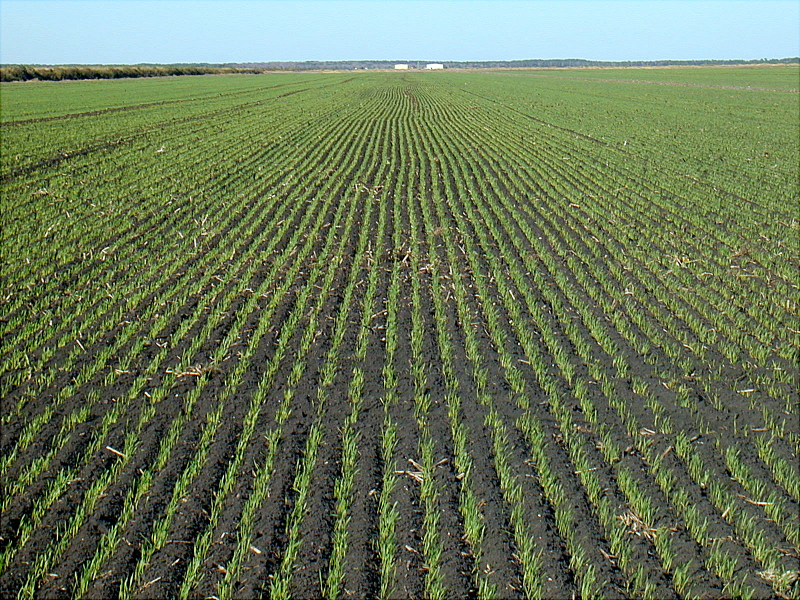
https://en.wikipedia.org/wiki/Cannabis_in_Jamaica -
While most hotels, particularly major resorts, will provide cheeseburgers and pizza to tourists, visitors should experience the local cuisine. Jamaican cuisine is tasty, albeit not always healthy. Jerk chicken, curried goat, and oxtail stew are popular specialties, with rickety jerk shacks on the side of the road producing some of the best food. This is absolutely one of the things to know before traveling to Jamaica.
At most buffet stations and low-key establishments, rice and peas (kidney beans), fried plantains, sautéed callaloo (spinach-like greens), and bammy (cassava flatbread) are common side dishes. Breakfast should include saltfish and ackee (a fruit), which is the national meal. A strong cup of Jamaican coffee will help you digest everything.
A inexpensive supper of Jamaican patties (pastries packed with meats or vegetables) and Red Stripe beer, made locally, is also recommended. Jamaican cuisine has expanded around the globe with emigration, particularly during the twentieth century, when Jamaicans sought economic possibilities in other countries.
Rastafarian influences can be seen in Jamaican food, but not exclusively. Rastafarians follow a vegetarian diet and have added a variety of distinctive vegetarian dishes to Jamaican cuisine. Rastafarians abstain from eating pork. Pork, on the other hand, is a popular dish in Jamaica. Pork stew and jerk pork are two of the most popular preparations. Some people even believe in cooking with little or no salt, which is known as the 'Ital' method.
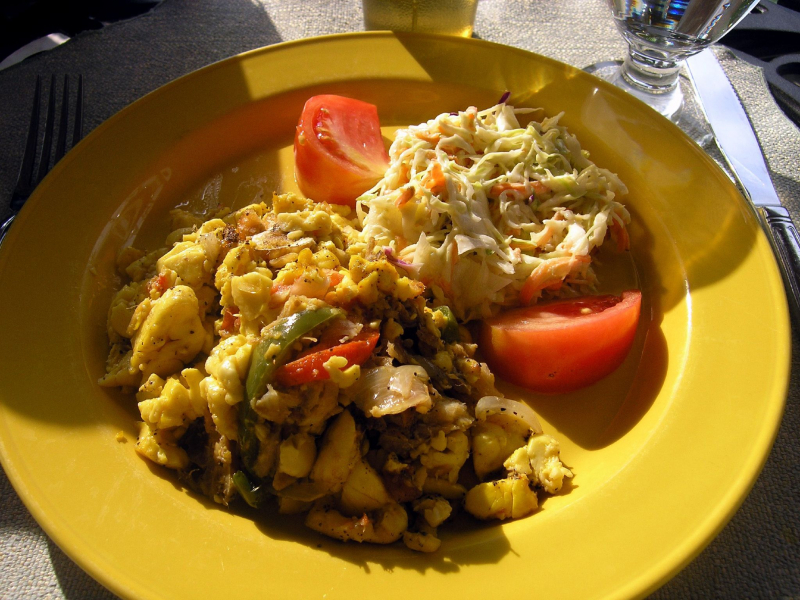
https://en.wikipedia.org/wiki/Jamaican_cuisine 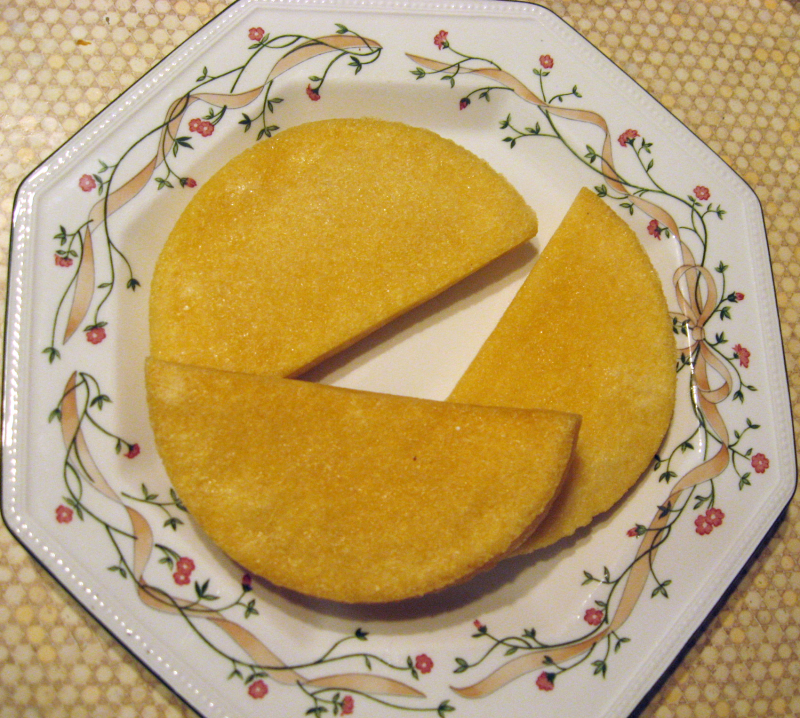
https://en.wikipedia.org/wiki/Jamaican_cuisine -
There will be a gorgeous beach nearby no matter where guests stay along the coast. Seven Mile Beach, on the west coast town of Negril, is arguably the most renowned stretch of beach, spanning two bays and flanked with tiny family-run homes, large all-inclusive resorts, and dozens of bars and restaurants.
Montego Bay also has several beautiful beaches, albeit those in Ocho Rios are more beautiful. Treasure Beach, a distinctive length of black sand on the South Coast, offers something different and more rustic. Port Antonio's lush terrain and lovely beaches are popular among locals, with Frenchmen's Cove being a tiny, intimate favorite.
This Caribbean island is recognized for its welcoming inhabitants, pleasant climate, and spectacular beaches. It can be difficult to decide which places to visit while on the island, particularly which beaches are worth visiting, but to help you plan your trip, we've compiled a comprehensive list of the 23 best beaches in Jamaica that will provide you with the tropical beach experience you've always desired.
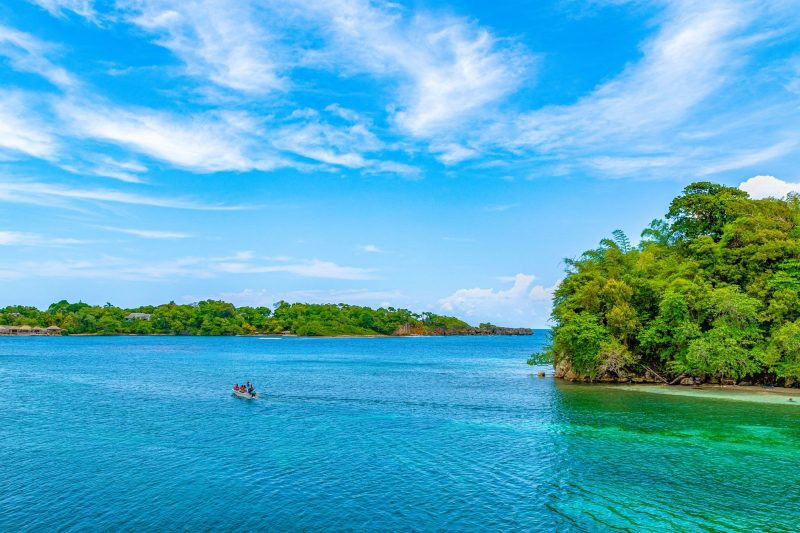
https://www.beaches.com/blog 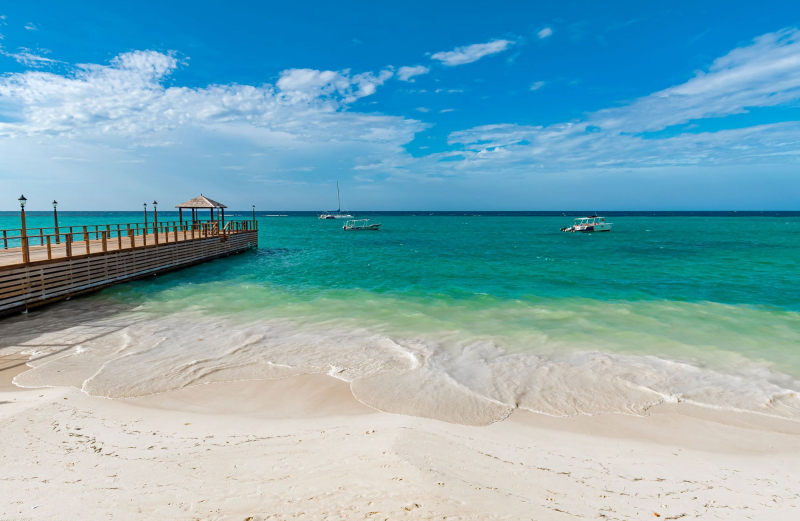
https://www.beaches.com/blog -
Jamaica is now under a Level 2 travel advisory from the US Department of State, which implies that travelers should proceed with care because it a safe tourist areas. France, Denmark, the United Kingdom, and Belgium are among the countries that have received this status. Downtown Kingston and Montego Bay, as well as Spanish Town, a 30-minute drive west of Kingston, are the main locations to avoid.
Jamaica has one of the highest per capita homicide rates in the world, ranking fifth. The bulk of violent crime is committed by Jamaicans against Jamaicans, however six Americans were murdered in 2017, as well as 20 robbed, 12 raped/sexually assaulted, and six victims of aggravated assaults. Visitors should stay in densely crowded regions and avoid some places at night, although visitors to major tourist spots should feel safe. This is absolutely one of the things to know before traveling to Jamaica.
The smoky aroma of jerk roasting over the fire. The rum swizzle in your glass. There is no other area on the planet that offers the variety of attractions and cultural richness that can be found here. It doesn't feel like anywhere else on the planet. It sparkles like nowhere else on the planet. Jamaica is the birthplace of sway and rhythm.
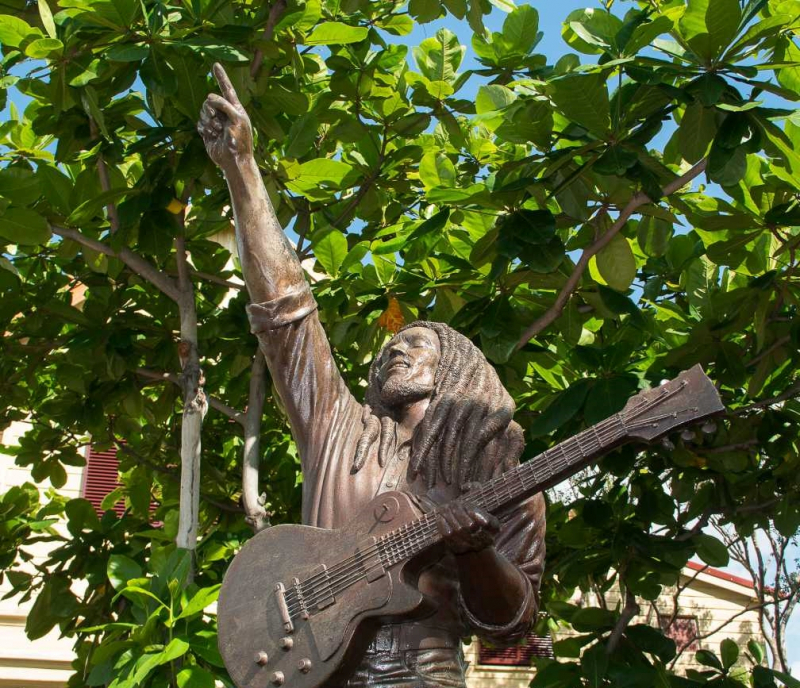
https://www.visitjamaica.com/ 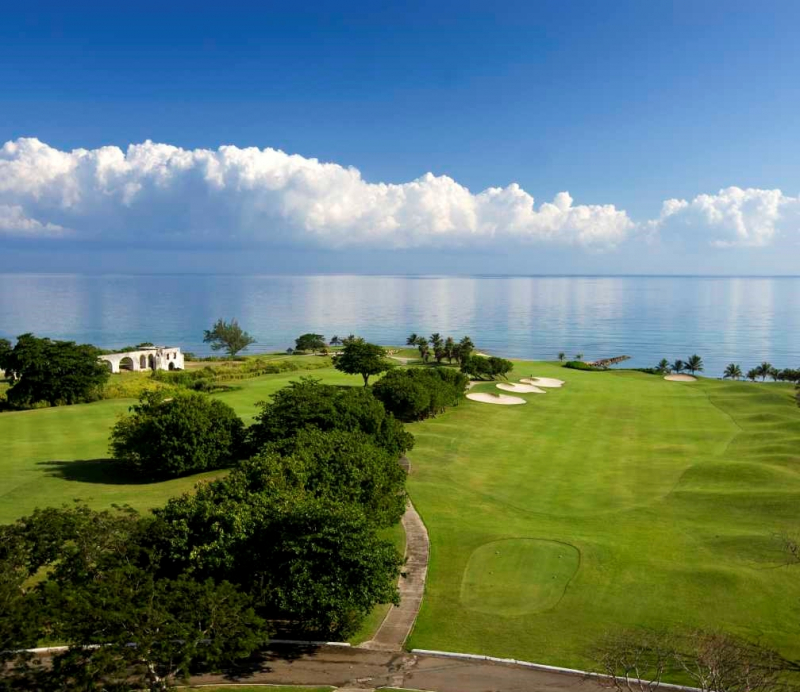
https://www.visitjamaica.com/ -
Travelers looking for an all-inclusive holiday frequently consider Jamaica (or Mexico) because of the large number of adult-only and family-friendly resorts. Hotels, on the other hand, range from opulent boutiques to low-cost beach resorts and everything in between. Geejam, a seven-room boutique in Port Antonio, Secrets St.
James, an adults-only all-inclusive in Montego Bay, and Catcha Falling Star, a budget-friendly rustic resort in Negril So, no matter what your demands or travel style are, there is a hotel in Jamaica to meet your preferences and budget. Jamaica's hotel options range from isolated, jungly lodges to laid-back beach bungalows to blockbuster all-inclusives.
On the vast expanses of glittering white sand around Montego Bay and Ocho Rios, most of the major, all-singing, all-dancing beach resorts — as well as some of Jamaica's most historic luxury hotels — congregate, with a huge variety of restaurants, bars, nightlife, and activities.
On the west coast, Negril is a little more laid-back, with hills situated above cliffs and along the stunning Seven Mile Beach. Port Antonio, in the northeast, is a different kettle of fish, with lush, rainforest-covered hills sloping down to tranquil small bays and boutique hotels and laid-back nightlife.
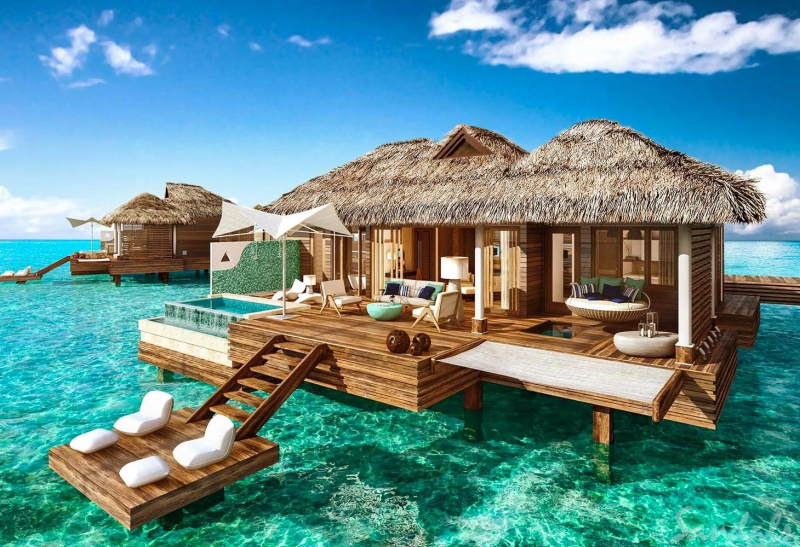
https://www.visitjamaica.com/places-to-stay/ 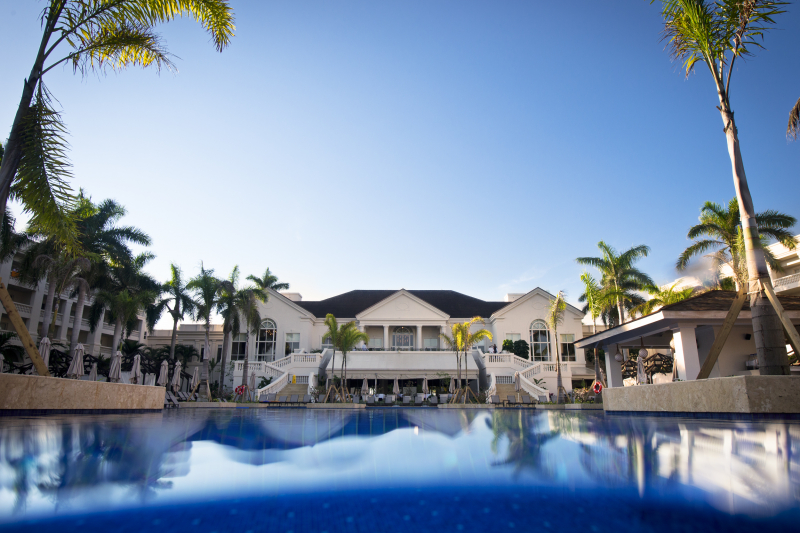
https://www.visitjamaica.com/places-to-stay/ -
Between June and November, Jamaica, like other Caribbean resorts, is vulnerable to hurricanes. The hurricane season in the Caribbean runs from early August until the end of October, with October being the wettest month. Notice these things to know before traveling to Jamaica that helps you prepare well for your trip.
Recent hurricanes like as Irma, Maria, and Dorian, on the other hand, have mainly spared Jamaica, leaving the island to suffer from storms with heavy rain and wind. Travelers should, however, keep an eye on weather forecasts and avoid hurricane season if they're concerned. On the other side, because there are less visitors during these months, flights and accommodations are more reasonable.
Jamaica is a Caribbean island republic located south of Cuba and west of Hispaniola. It is regularly hit by Atlantic tropical cyclones that track over the Caribbean, with storms starting east of the Windward Islands or in the southern Caribbean between Nicaragua and Colombia. The first, which lasts from August to mid-September, and the second, which lasts until the end of October, are the two climatologically preferred times for hurricane activity in Jamaica.
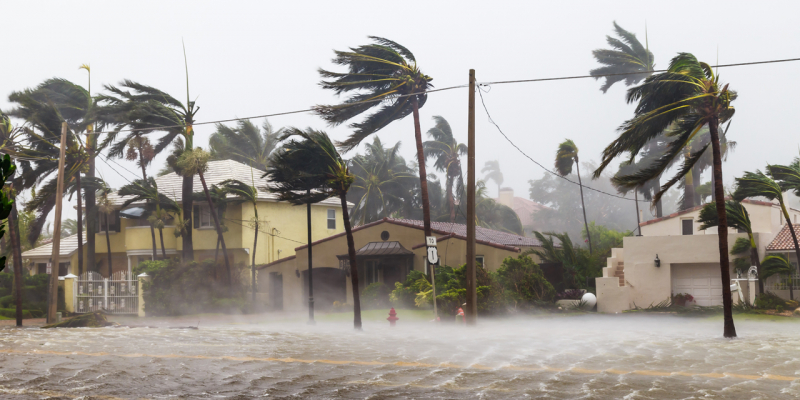
https://en.wikipedia.org/ 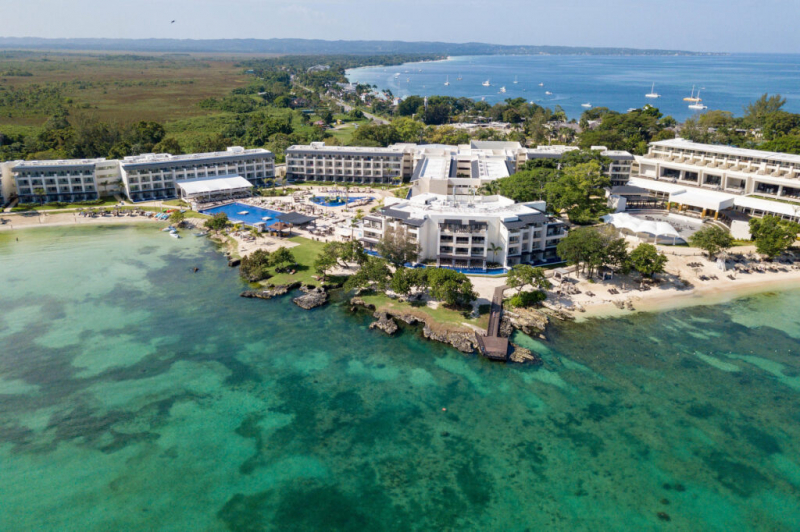
https://en.wikipedia.org/ -
You can anticipate a laid-back vibe regardless of where you choose to sleep. Jamaicans have a naturally calm disposition, whether they are staying in a luxury resort or a cheap hotel. Because the country runs on island time, visitors will have to adjust their expectations for wait times and punctuality soon.
That's not to suggest the service isn't up to par, but the "ye mon" attitude, constant drum circles and dancing, and delicious rum punches contribute to a laid-back atmosphere. Jamaica is one of the Caribbean's most laid-back islands. Rolling mountains, lush jungles, plentiful white-sand beaches, and multi-hued coral reefs create a magnificent background for the island's rich history and culture.
Not only at hotels and tourist-friendly restaurants, but practically everything accepts US cash. It's a good idea to keep some local money on hand in case you need to buy something from a street vendor or a grocery shop, although ATMs are readily available.
Tap water is safe to drink, lowering the risk of travel-related illnesses and eliminating the need to purchase bottled water or be concerned about eating raw vegetables and fruits. The vibes in Jamaica is relaxed. This is absolutely one of the things to know before traveling to Jamaica.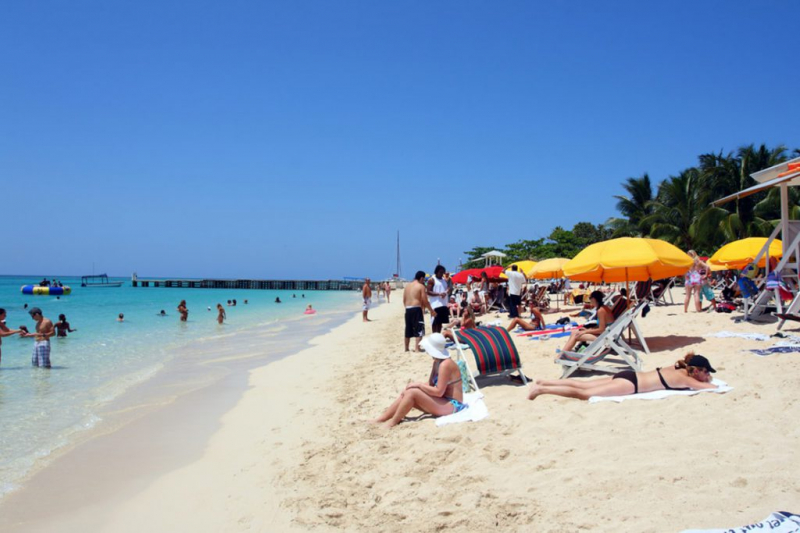
https://dailymom.com/ 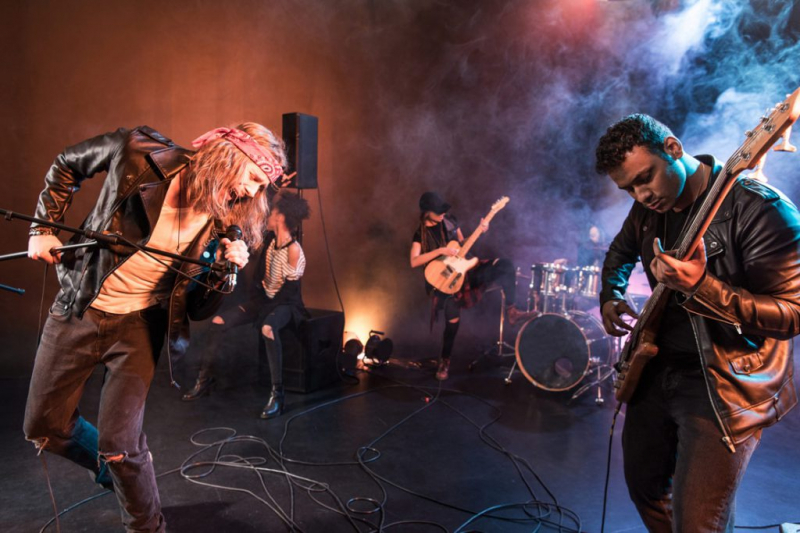
https://dailymom.com/ -
Reggae music and jerk chicken are two of Jamaica's most well-known exports, and what better opportunity to sample both than during the Reggae Sumfest and Portland Jerk Festival? These Jamaican festivities are observed with zeal and jubilation.
They have something for everyone, whether you enjoy music or food. Aside from this, there are Bob Marley events when the entire country gathers to commemorate his birthday week. In 2022, take part in such unique Jamaican celebrations and make your vacation unforgettable.
One of the most important festival is The Reggae Sumfest. Throughout the year, music fans look forward to this event. It takes place during the summer, in the month of July. It is held at Montego Bay, Jamaica, on the first day of which there is a beach party that is enjoyed by everybody.
The next days will include great performances by well-known performers. You may select an event that is directly related to your function's topic and appropriate for your audience, or you could choose something that would provide guests with unique and lasting memories.
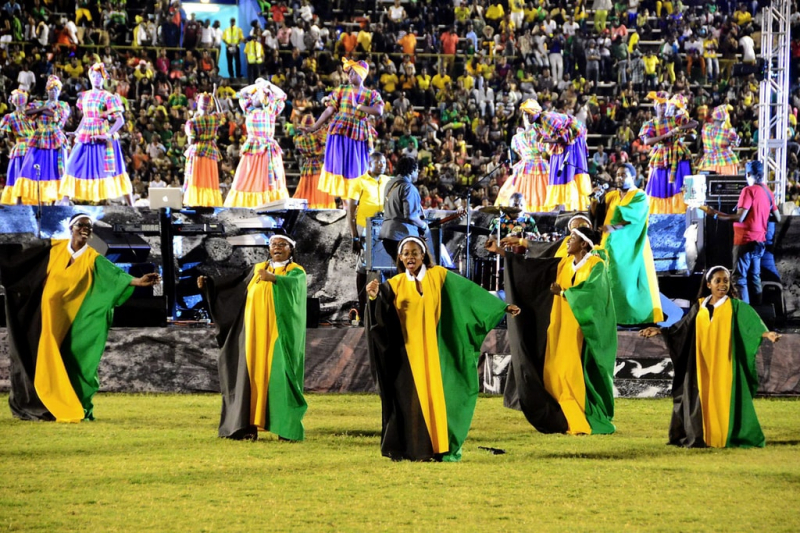
https://gallery.jamaica-gleaner.com/ 
https://gallery.jamaica-gleaner.com/














